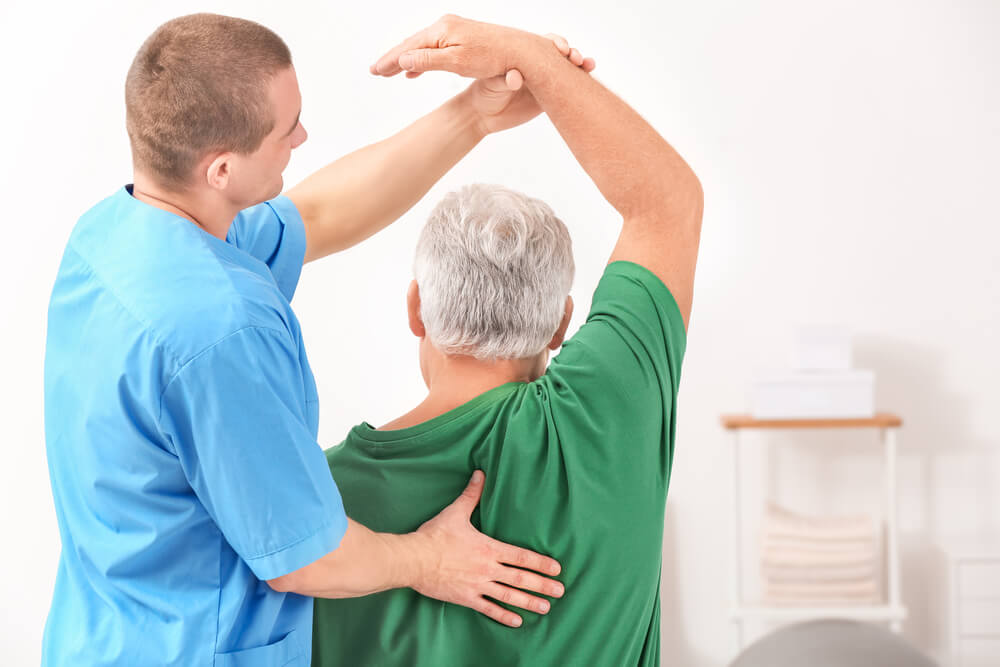The pelvic floor is a group of muscles that run from the pubic bone in the front, across the undersides, connecting to the tailbone in the back. The pelvic floor muscles are very flexible and play an important role in bowel, bladder and sexual function.
However, some men experience a condition in which the pelvic floor muscles become overactive. They contract and become tense and tight when they are supposed to be relaxed. This condition is known as an overactive or hypertonic pelvic floor. Constipation, pain of the lower back and hips, pain during sexual activity, and chronic pelvic pain are all common symptoms of a hypertonic pelvic floor in males.
What causes a hypertonic pelvic floor in males?
While people of all genders can experience a hypertonic pelvic floor, there are certain causes, symptoms and treatment options for the condition that only males will experience. Some of the most common causes of a hypertonic pelvic floor in males are:
- Holding in bladder or bowel movements — If you hold in your bowel or bladder movements for too long, your pelvic floor muscles can become too tight and tense. This happens often in people who are uncomfortable using public restrooms.
- Stress and anxiety — Our bodies naturally become tense as a response to stress, fear and anxiety. Chronic stress and anxiety can lead to the muscles of the pelvic floor becoming too tight, due to their proximity to the tailbone. This is a common response to fear in many mammals, including humans.
- Trauma or injury — The muscles of the pelvic floor can become too tense due to injury or trauma to the area. Falling on your tailbone, for example, can cause the muscles of your pelvic floor to tighten up as the injury heals. Scar tissue from a surgery in the area can also cause a hypertonic pelvic floor.
- Inflammation of the prostate — Due to the location of the prostate near the pelvic floor in males, inflammation or pain in the prostate area can contribute to a hypertonic pelvic floor. This condition is known as prostatitis and can be caused by trauma or infection.
Can physical therapy treat hypertonic pelvic floor muscles?
Most experts agree that physical therapy is an effective method of treating hypertonic pelvic floor muscles in males. A licensed physical therapy specialist can treat pelvic floor muscles using a variety of techniques designed to strengthen and relax the pelvic floor muscles, ligaments, and tendons. Some of these techniques may include:
- Postural exercises.
- Myofascial exercises.
- Diaphragmatic breathing exercises.
- Relaxation techniques.
If you are seeking relief from symptoms of a hypertonic pelvic floor, look no further than Continuum Wellness. Our trained physical therapists are ready and willing to help you on your journey to recovery. A free consultation can help us determine the cause of your pelvic floor discomfort and create a plan of treatment that is perfectly suited to your needs.
Contact our team today for more information or to schedule an initial appointment.
